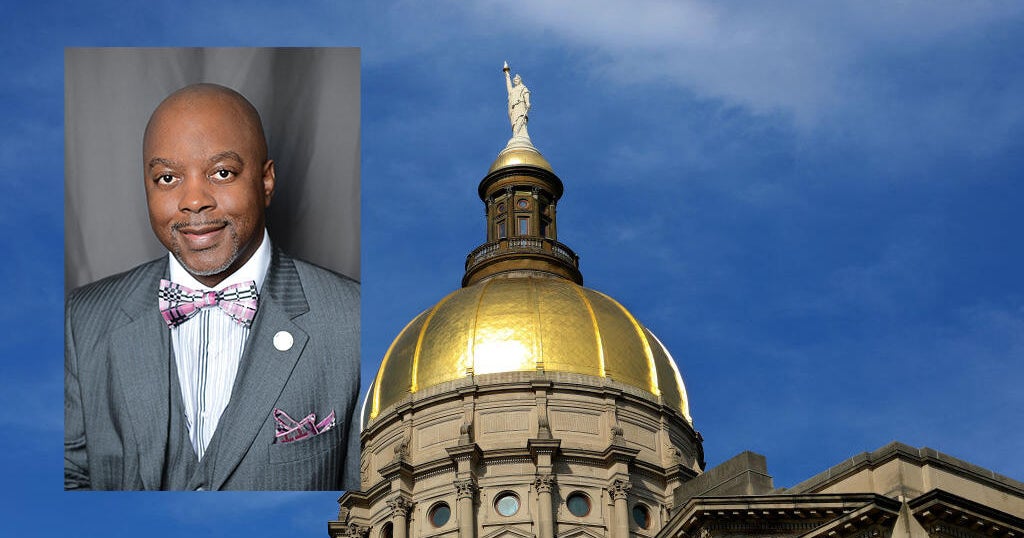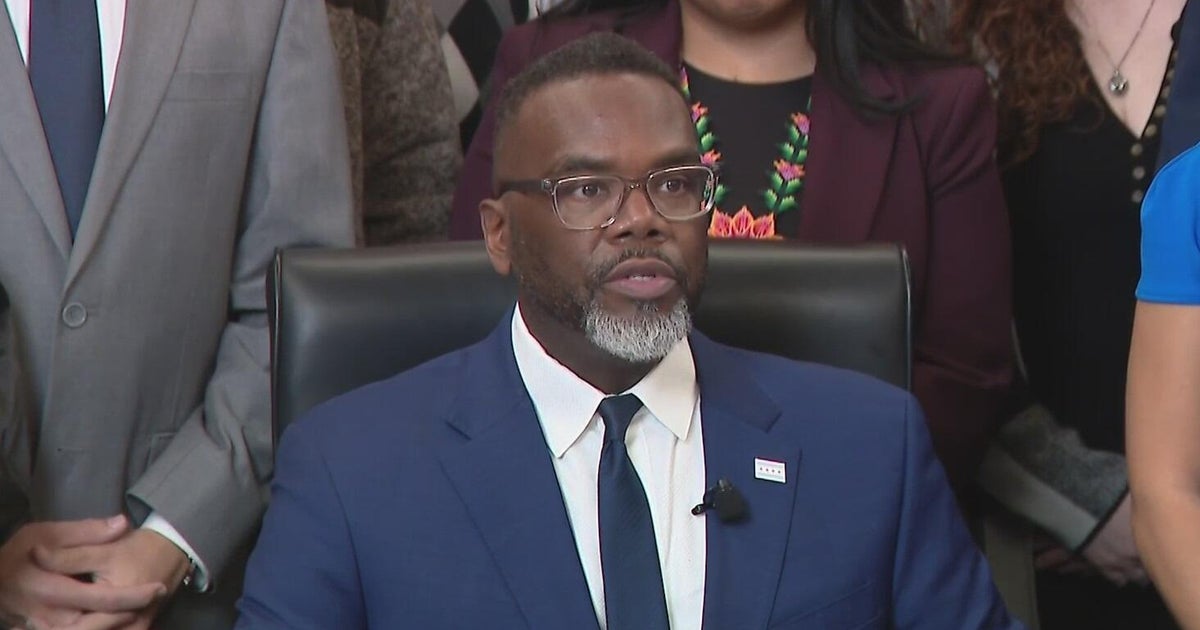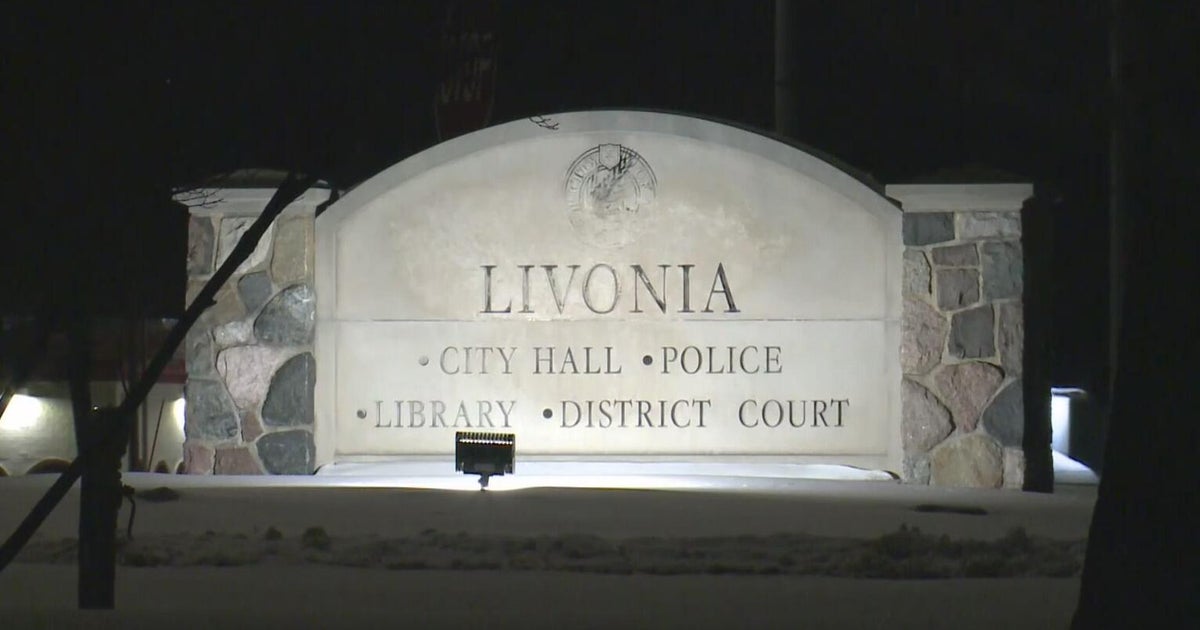More than 20 states not ordering all available doses as COVID-19 vaccinations slow
As the pace of vaccinations continues to slow across the country, more than 20 states are not ordering all the available COVID-19 vaccine doses allocated to them by the federal government, according to a CBS News tally.
The figure is the latest sign of lessening demand for vaccinations around the country, as health officials shift from triaging a flood of people clamoring for the shots to targeting harder-to-reach communities.
CBS News reached out to health departments in all 50 states, Puerto Rico and the District of Columbia, and among the 38 states that responded, 22 said they weren't ordering all the doses available to them for the week of May 3.
In Arkansas, no new doses were ordered for the first time since the nationwide vaccination campaign began, citing an ample supply of doses. Among the states that responded, it was the only state to unilaterally pause new orders. South Carolina declined to order new doses of Pfizer and Moderna but did accept new doses of the single-shot Johnson & Johnson vaccine. Texas ordered its full allocation but noted they'll use those doses this week "and beyond" as the state moves to order new doses when vaccine providers like local hospitals and health departments request them. South Dakota is implementing a similar "order-on-demand" system.
Just eight states have reported giving less than 70% of their delivered supply of first doses, according to CDC figures. Of those states, only Alabama, which has the second smallest share of its residents fully vaccinated out of all states, said they had placed orders up to their full allocation this week. Mississippi, which has the smallest percentage, did not. Both of those states have fully vaccinated less than 24% of their populations, compared to over 40% in the top two states, Connecticut and Maine.
Local providers have also rolled out new efforts to bring shots to residents, from mobile vaccine vans roaming New York City to mobile clinics launched by Walgreens in Chicago.
The nationwide pace of vaccinations has declined in recent weeks. The Centers for Disease Control and Prevention's latest 7-day average of new doses administered was 2,294,652 per day, down nearly 30% from its peak of 3,262,799 on April 11th.
A little more than 30% of the total U.S. population has completed their regimen of COVID-19 vaccination, and 44% have received at least one dose, as of the CDC's latest tally. That's a larger share than most other countries, but still far short of the level experts say would be needed to reach herd immunity.
The Biden administration has acknowledged the slowing cadence, with President Biden's COVID-19 coordinator Jeff Zients saying last week that they expected "the number of shots administered each day to moderate and fluctuate."
However, federal health officials have also said they are preparing for more possible surges in demand if the shots are greenlit for younger recipients. Pfizer and its partner BioNTech announced last month they were seeking permission to allow use of their vaccine in adolescents as young as 12.
It is unclear what happens to doses that go unordered by states. Earlier this year, the CDC said it would allow jurisdictions to transfer parts of their allocation to providers participating in the Federal Retail Pharmacy Program.
A spokesperson for the Department of Health and Human Services did not answer multiple requests for comment regarding the unused doses.
"Given that we have succeeded in getting vaccinations to the lion's share of those most at risk and those most eager to get vaccinated, we are now increasingly focused on other groups that will take time to reach," said White House COVID-19 coordinator Jeff Zients.





